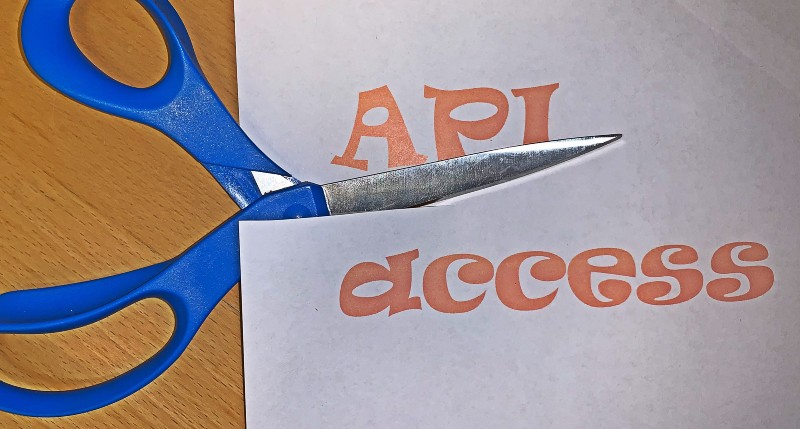
Facebook’s ability to decisively police the integrity of its platforms was without question a pressing public interest.
Plaintiffs provided software-as-a-service to help their clients locate social media content, gain approval to use that content, and then re-purpose it in the clients’ own advertising and marketing activities.
Previously, plaintiffs had operated in partnership with Facebook, whereby plaintiffs had access to the Facebook Open Graph API. In late August 2019 (a few weeks after a Business Insider article identified plaintiffs as misusing the Instagram platform) Facebook terminated the marketing partnership and access to the API.
After efforts to informally resolve the situation failed, plaintiffs, perhaps emboldened by the Ninth Circuit’s recent decision in hiQ v. LinkedIn, sued Facebook and Instagram asserting a number of claims, including breach of contract and tortious interference, and also sought a declaratory judgment that plaintiffs did not violate the Computer Fraud and Abuse Act. Plaintiffs sought a temporary restraining order that would have restored access to the platforms pending the case’s determination on the merits. But the court denied the motion.
No irreparable harm likely
The court rejected plaintiffs’ argument that they would suffer irreparable harm if access was not restored. It found that plaintiffs’ allegations of imminent harms shared a common fatal flaw in that they merely alleged speculative harm – they did not sufficiently demonstrate that irreparable harm was likely to occur.
Plaintiffs did establish for purposes of this motion that much (though not all) of the work they conducted for clients before losing API access involved Facebook. But the court found that plaintiffs had not sufficiently shown that they would actually lose current customers, or fail to acquire new prospective customers, if access were not restored.
Further, the court found that plaintiffs’ CEO’s statement that “this will soon reach a tipping point where [plaintiffs] can no longer operate” was not specific enough to demonstrate there was irreparable harm. “The extraordinary relief of a pre-adjudicatory injunction demands more precision with respect to when irreparable harm will occur than ‘soon.’ Such vague statements are insufficient evidence to show a threat of extinction.”
Not in the public’s interest
The court also found that the “public’s interest caution[ed] against issuing injunctive relief at this time.”
Plaintiffs argued that the public interest favored an injunction because one would prevent the imminent destruction of plaintiffs’ business, preserve employee jobs, and generally allow plaintiffs to continue operating. Additionally, they argued that the public interest would be served by enjoining defendants’ wrongful conduct.
Defendants argued that the public had an interest in allowing Facebook to exclude those who act impermissibly on its platform and jeopardize user privacy by, in this instance, automating data collection and scraping content en masse. Defendants argued that the public has an interest in allowing them latitude to enforce rules preventing abuse of their platforms.
The court decided that awarding injunctive relief at this stage would compel Facebook to permit a suspected abuser of its platform and its users’ privacy to continue to access its platform and users’ data for weeks longer, until a preliminary injunction motion could be resolved. Moreover, as precedent within Facebook’s policy-setting organization and potentially with other courts, issuing an injunction at this stage could handicap Facebook’s ability to decisively police its social-media platforms in the first instance. Facebook’s enforcement activities would be compromised if judicial review were expected to precede rather than follow its enforcement actions.
And although the public certainly has some interest in avoiding the dissolution of companies and the accompanying loss of employment, the court found that Facebook’s ability to decisively police the integrity of its platforms was without question a pressing public interest. In particular, the court noted, the public has a strong interest in the integrity of Facebook’s platforms, policing of those platforms for abuses, and protection of users’ privacy.
Stackla, Inc. v. Facebook Inc., No. 19-5849, 2019 WL 4738288 (N.D. Cal., September 27, 2019)
